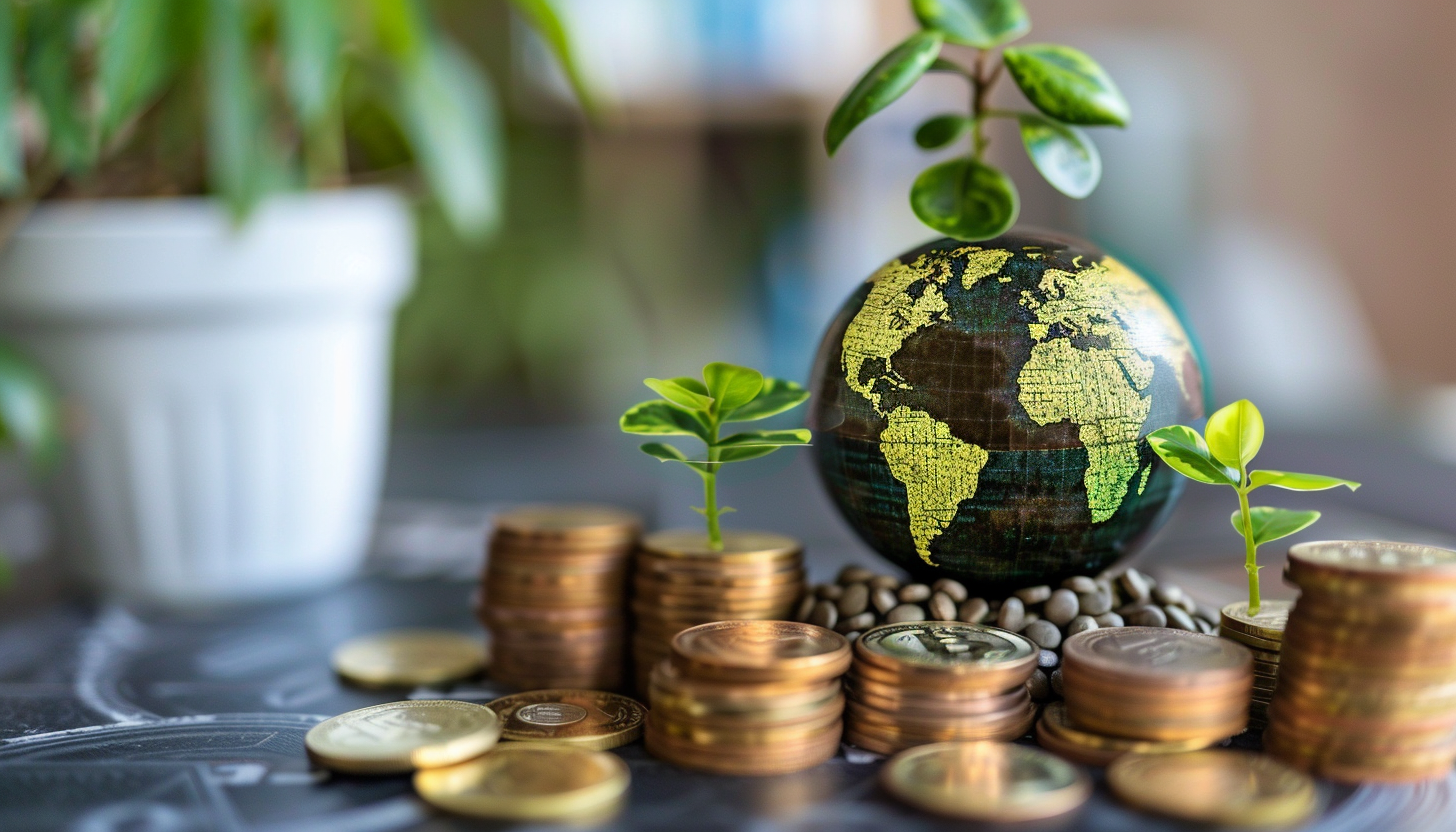PST CLC Mitsui-Soko offers its customers cash flow optimization in the form of processing and management of economic effect procedures or special procedures. According to Petr Böhm, Director of Customs Services Division at PST CLC Mitsui-Soko, the customs debt must be secured in favour of the customs administration, which PST CLC Mitsui-Soko can do thanks to the high volume of bank guarantees available, so that the customer does not have to pay the customs debt when the material for production is purchased from third countries, i.e. outside the EU, and after production in the EU the finished product is exported again to third countries.
PST CLC Mitsui-Soko first learns in detail about the customers’ production and trading conditions, and then prepares a tailored solution that can include cash flow optimization, which brings savings to the company.
Securing a customs debt
“We are able to find ways in which the customer does not have to pay customs duties in the European Union because of their business and production activities. If the customer buys materials from third countries, manufactures finished products from them in the Czech Republic and then exports them again to third countries, special arrangements are used so that the customer does not have to pay customs duties. The goods do not remain in the EU, so there is no need to pay customs duties. Similarly, no duty is payable on input materials imported from outside the EU if they are used to produce a zero-duty product in the EU and this final product is subsequently placed on the EU market. However, it is necessary to secure the customs debt for the benefit of the customs administration for the duration of the scheme, which is what we do for our clients,” explains Petr Böhm.
He adds that once the goods leave the EU or the final zero-duty product is released for free circulation, the bank guarantee is released and PST CLC Mitsui-Soko only charges the customer a pre-agreed percentage of the amount of the security.
“This financial product is very attractive to our customers because it means optimising cash flow for them. So the customer can use the money they would otherwise have to put up as collateral for a bank debt, for example, for production. Customs would reimburse them, but only at the end, i.e. when the goods leave the EU. The company would thus have blocked non-interest-bearing money. It is important to remember that the sums involved are often considerable,” says Petr Böhm.
Example: testing and certification of trains – under special customs regime
He goes on to say, “Let me give a specific example. We are now dealing with a case where trains from abroad are coming to the Czech Republic to test the railway circuit in Velim. These trains will be tested and certified in the Czech Republic. After receiving the certificate, they will go to Serbia, but already with a European certificate. The whole operation must be carried out under a special customs regime, the so-called inward processing procedure. The amount of customs duty that is on the whole train is 1.7% of the value of the whole train, which is a significant amount. PST CLC Mitsui-Soko has to allocate this 1.7% to the customs administration. The customer does not have to send this amount to the Czech Republic, he can manage it himself and only pay us the agreed amount for the service provided,” says Petr Böhm.
It points out that this does not, of course, result in any reduction in the payment of duties, taxes or charges, but only, in accordance with the Customs Code and subject to compliance with the conditions of the various arrangements with economic effect as defined by law and by the customs authorities’ authorisations, economic advantages in the payment of duties, taxes and charges relating to the importation of goods.
Cash flow optimization to the maximum extent possible
“If the business and production process is such that there is no need to pay customs duties at all, or the amount can be reduced, we find a solution to which mode to release the goods so that the customer can optimize cash flow to the maximum extent possible,” notes Petr Böhm.





